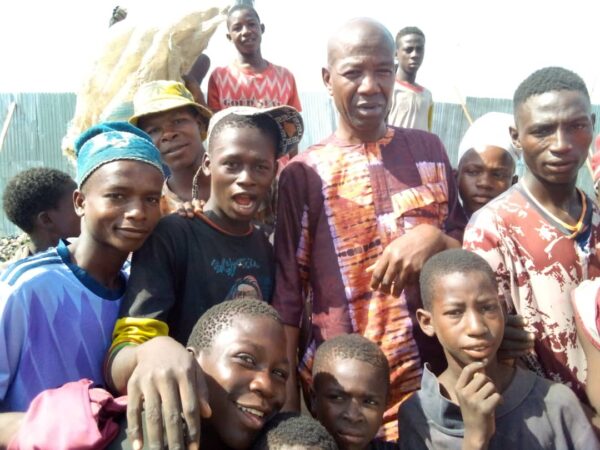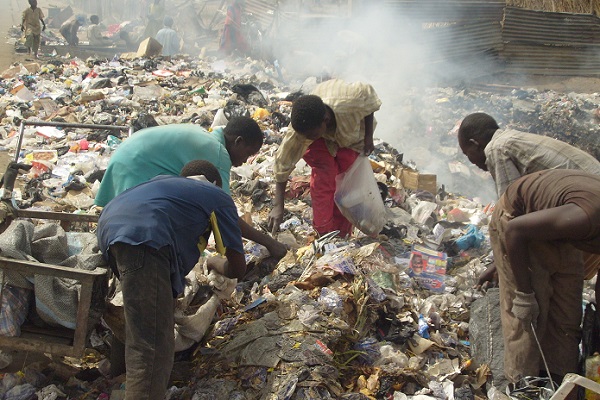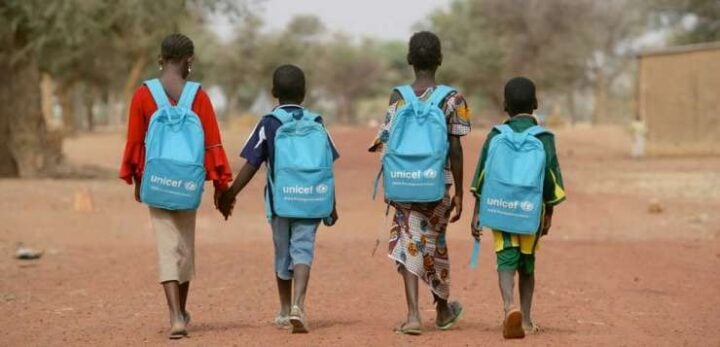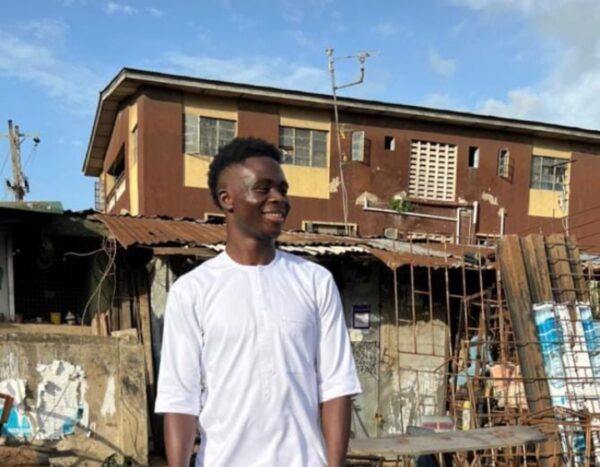A day at Kano dump site where kids scavenge
A dump site by the old Luxury Bus Park at New Road, Sabon Gari, Kano metropolis was being literally feasted on by young kids whose ages range from 7 to 19. The site was their own workshop, as it were, as they got busy scavenging, only slightly bothered by strange faces of passers-by and moving vehicles whose drivers got attracted and slowed down a bit to view the child workers either with empathy or sympathy.
The irony of the scene is two-fold: the dump site that seems permanent is on a major road leading from Sabon Gari to the age-old El Dorado Cinema onward the highbrow areas of the metropolis and is bordered by two schools – Holy Trinity Mission School and Government College Kano. So, why do the schools not attract the child workers on the site and especially why are they not attracted by the pupils and students of the schools who pass by every day?
For the kids at the site, however, scavenging has become a way of life and is, in fact, a matter for survival. Sani Rabiu, a 17-year-old who appears to be the leader of the pack, said: “All of us found ourselves converging here every day and saw that we could work together in the pursuit of survival,” Rabiu said in Hausa.
Although they all look like they are orphans who have been left completely on their own, Rabiu informed otherwise. “We all have parents that we cater for with proceeds from this site,” he said, even saying he made between N3,500 and N4,000 daily. “Apart from scavenging, I also push the truck-bearing goods that I can get from people,” he said. But despite this “fringe” benefit that Rabiu enjoys, which gives him an edge over his mates, he still considers operating on the site a necessity.
Advertisement
The sight of nine-year-old Abu Zakari on the site attracted sympathy. But in his innocence, he has got sunk in and resumes “duty” at the site every day, against all odds. Like others, he too caters to his parents with the proceeds he could get from the dump. “I get between N500 and N1,000 every day, which I get exhausted through the provision of little things like bread and water at home. But I always make sure that I am left with a minimum of N50 to ride on a bike that would bring me back here the next day,” Zakari also said in Hausa, an innocent smile oozing from him.
Meanwhile, owners of shops opposite the site are not amused by what the kids see as fun while doing their scavenging. Madam Gloria Audu, who runs a fashion outfit there lamented how flies and other insects literally bombarded them once the kids began their scrounging. “The more we have tried to chase them away, the more they have returned with ferocity,” she said.

Up till May 26, Kano State Government had not adopted the Nigerian Child Rights Law signed into law in 2003 by the Olusegun Obasanjo administration. In fact, the adoption was among the last acts performed by the outgoing Abdullahi Umar Ganduje administration in the state and was largely seen as a parting gift to children in Kano State as they marked the 2023 Children’s Day. It was curious, anyway, that Kano had been the 35th state to adopt the child rights law 20 years after the Federal Government accepted it, leaving Bauchi as the only state now left to adopt it.
Advertisement
For Rabiu and Zakari, as well as their likes across Kano State, therefore, it is a new dawn – provided the new government of Abba Yusuf would move not only to accent the law but also to implement it with the speed it deserves. Therein lies their future assurance. The new dispensation in Kano State, interestingly, is not lost on Zakari and his mates at the site. Although they are not aware of how far the child rights law has gone with regard to its adoption, they are well aware of what they desire in the circumstance. Finally, they confessed to being motivated by the sight of uniforms every day. “We want to leave this dump site and go to school, please help us,” they chorused. The coincidence of this was registered in the two-day media dialogue held in Kano on May 29 and 30, organised by the Child Rights Information Bureau (CRIB) of the Federal Ministry of Information and Culture in collaboration with UNICEF, where journalists were appraised of the ‘New Country Programme 2023-27 and the state of the Child Rights Law (2003) in states’.
Add a comment







